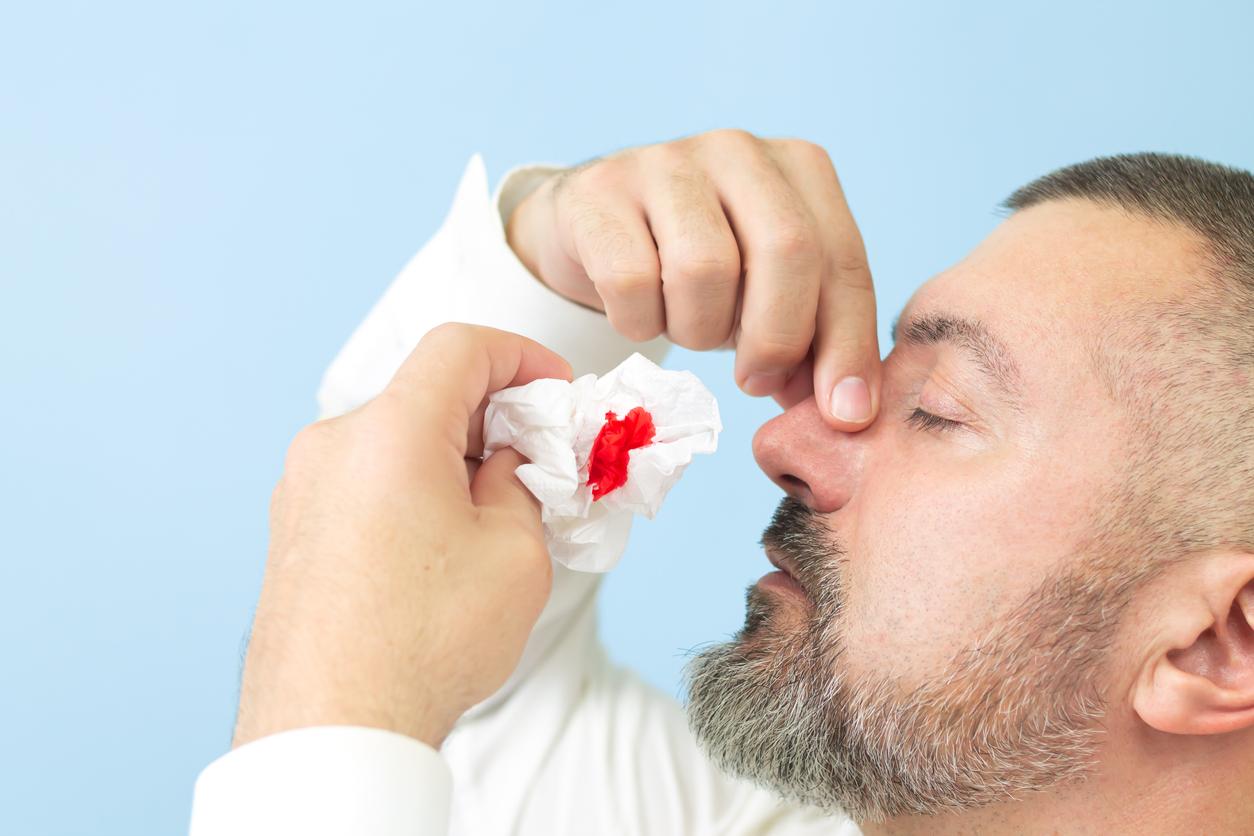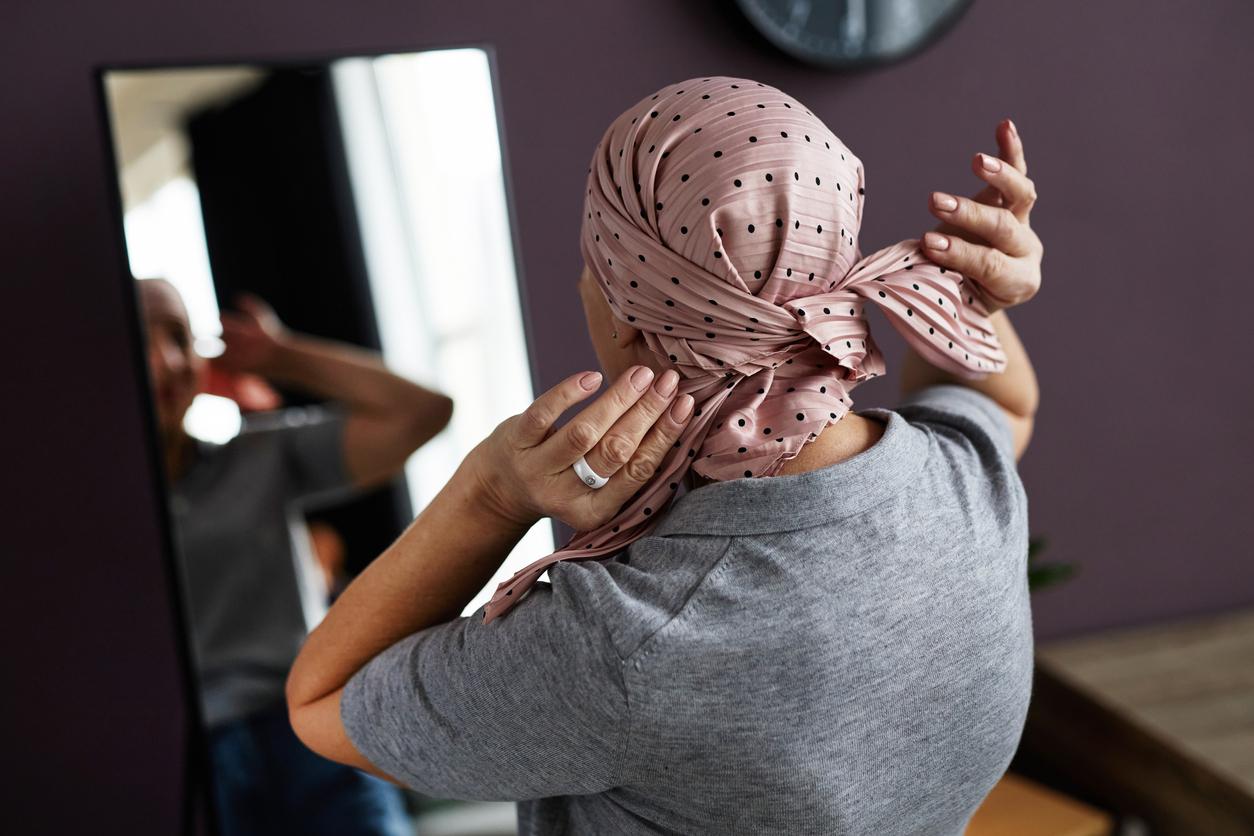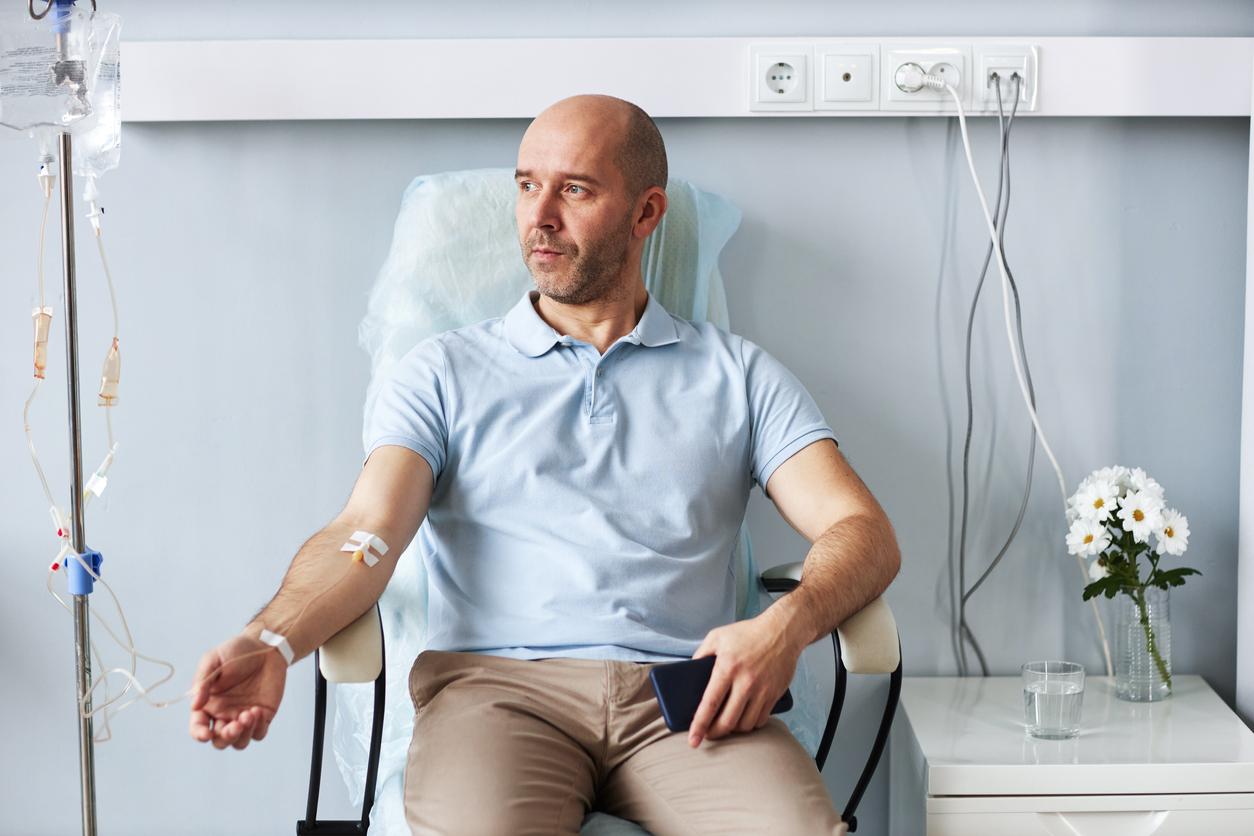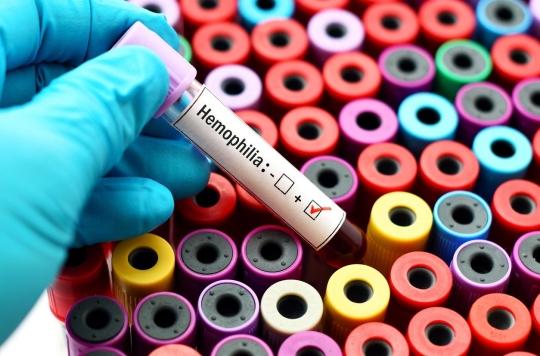Overseas France treats people with rare hemorrhagic diseases less well than mainland France, according to two associations.

- The French association of hemophiliacs (AFH) and the health sector for constitutional hemorrhagic diseases (MHEMO) denounce the fact that “the care of patients with rare hemorrhagic diseases in Overseas still experiences significant inequalities compared to mainland France. “.
- “Despite a commitment from the Ministries of Health and Overseas Territories, which proposed a National Health Strategy for Overseas Territories (SSOM) in 2016, the results remain insufficient,” indicate the two non-profit organizations .
- Hemophilia and all other rare bleeding diseases are serious pathologies mainly of genetic origin.
On the occasion of this World Hemophilia Day, the French association of hemophiliacs (AFH) And the health sector for constitutional hemorrhagic diseases (MHEMO) want via a press release “highlight the inequality of access to diagnosis, care and treatments in the overseas departments which are nevertheless covered by the French solidarity health system (Martinique, Guadeloupe, Reunion)”.
Demographically and socio-economically, overseas France generally presents common characteristics which significantly distinguish them from the French context: younger population, higher birth rate, lower maternal age at birth, more difficult socio-economic situation.
Hemophilia overseas: “organizational and resource difficulties”
“Despite a commitment from the Ministries of Health and Overseas Territories, which proposed a National Health Strategy for Overseas Territories (SSOM) in 2016, the results remain insufficient,” pwe read in the text sent to the editorial staff. “Several events continue to be reported by local stakeholders, health professionals specializing in rare hemorrhagic diseases and AFH representatives, confirming that the care of patients overseas still experiences significant inequalities compared to mainland France,” the document states.
“Prevention, listed at national level as a priority, is faced with organizational and resource difficulties in these departments,” add the activists.
“Other territories which do not depend on the French solidarity health system such as New Caledonia, French Polynesia or Wallis and Futuna also deserve the support of our organizations for the management of rare hemorrhagic diseases”, they also believe.
Hemophilia in Overseas Territories: for the implementation of “support programs”
The AFH and MHEMO therefore propose to set up support programs within overseas France for:
– health professionals, in order to make their commitment lasting with the provision of technical means, personnel adapted to needs and fair valuation.
– patients suffering from rare hemorrhagic diseases and their families, in order to reinforce/develop their autonomy, to participate in shared decision-making and to strengthen their sense of advocacy in the service of a common cause.
Finally, “AFH and MHEMO are calling on elected officials to communicate more widely on the difficulties mentioned in this article, the solutions they wish to develop and thus facilitate access to public financial support”, conclude the two non-profit organizations.
Hemophilia and all other rare bleeding diseases are serious pathologies mainly of genetic origin. They affect nearly 15,000 people in France, all severities combined.















-1683974901.jpg)

